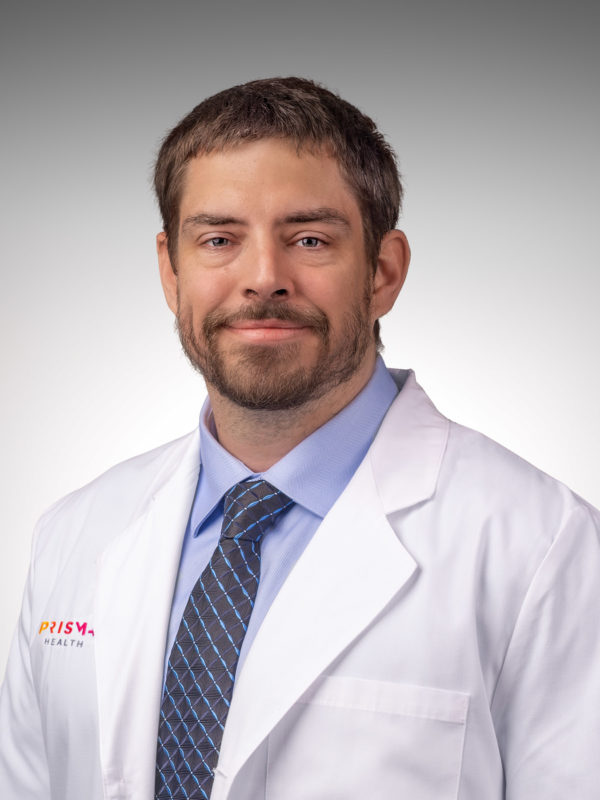How to know if you’re having a “mini-stroke”
The term “mini-stroke” might sound minor, but it’s actually an important warning. Neurologist Forrest Lowe, MD, explained why.
“When people refer to “mini-stroke” they are often referring to a transient ischemic attack or TIA. The term “mini-stroke is not an actual neurologic diagnosis,” said Dr. Lowe. A TIA can be defined as a temporary loss of blood flow to an area of the brain causing a temporary loss of a person’s strength, sensation or ability to speak.
What are the symptoms?
Dr. Lowe said symptoms of a TIA are similar to the symptoms seen in stroke, including sudden onset weakness, inability to form words appropriately, a change in level of awareness, or numbness of a body part. It is easy to remember these signs by using the words BE FAST, which stands for:
B – Balance/dizziness: experiencing sudden loss of balance or coordination.
E – Eyes: experiencing sudden blurred vision, double vision or sudden, persistent vision trouble.
F – Face drooping: face drooping on one side, numbness or drooling.
A – Arm weakness: cannot hold one arm up, control your hand.
S – Speech difficulty: slurred speech or others cannot understand what you are trying to say.
T – Time to call 911: Time is brain. The sooner you get to the hospital, the better your chances are for improving or getting better. If you wait too long, you may get worse or may not get better.
What should I do if I think I am having a TIA?
“If you have sudden onset of any of these symptoms, it is important to call 911 immediately and get to the hospital as soon as possible,” said Dr. Lowe. “The longer a person waits to be evaluated for their TIA or stroke symptoms, the more damage is done to the brain with possibly irreversible damage or even death resulting.”
How do I prevent a TIA?
Dr. Lowe said it is important to go to your doctor regularly to monitor your blood pressure, blood sugar and cholesterol. “Diet, exercise, avoiding tobacco, and taking medications as prescribed to treat medical conditions are all important ways to decrease your chance of having a TIA or stroke,” he said.
Prisma Health Stroke Center
Time is critical when it comes to a stroke. Our team is on-site 24/7, with a multidisciplinary program of care and leading-edge approach for stroke patients.
Learn More

